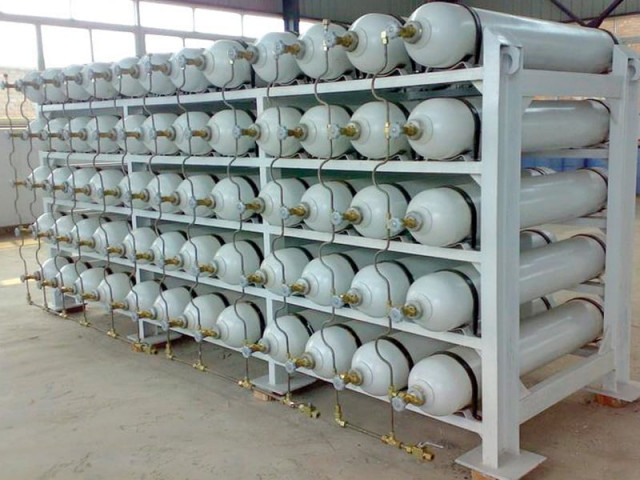Judicial charge on CNG prices - a populist strike on collusion
The trend of collusion calls for reforms in the Competition Act.

Judicial charge on CNG prices - a populist strike on collusion
With the judicial order of a drastic reduction in compressed natural gas (CNG) prices in the country, the Supreme Court has once again intervened in market mechanism.
This decision, on technical grounds, reflects a pro-competition, anti-collusion and a limited government approach, though the language used during the observations made by the superior judges depicts a populist mindset, which is more interested in pleasing the common man rather than satisfying the course of law. Nevertheless, I endorse the decision of the Supreme Court, largely for its anti-collusion rationale – the collusion which has apparently taken place between the state and corporate sector.
It is obvious from the judicial proceedings that CNG station owners and regulators entered into an understanding in 2008 to not only fix the prices but also to fix the absolute profit earned. This is rent seeking on part of government officials and collusive behaviour on part of the private sector.
According to the understanding, the government earned Rs20.80 on each kg of CNG sold since 2008 as operating surcharge in addition to Rs17 as infrastructure surcharge. These are other than the 17% GST which all consumers pay. It leads us to a simple arithmetic solution – excluding the natural cost of gas, fixed around Rs18 per kg, the government earned Rs50 on each kg of CNG sold.
Normally, investors expect profit while the government facilitates – in return for reasonable taxes – whereas in this case, it seems that the government earns while the investors receive a sort of commission for facilitating the government to earn its rents. Consider again – the government earns Rs50 whereas the investors earn Rs11 per kg!
There should not be any doubt that the government expropriated and plundered the income of citizens in the name of surcharges and taxes. It continues to do so in sales of petroleum products, where it expropriates at least 25% on all litres sold in form of various surcharges and taxes.
While the action of the Supreme Court to annul the MoU between the regulators and CNG owners perfectly serves the function of market economy – which thrives on competition – its language disrupts the very fundamental of the market economy – the wealth creation.
For instance, the chief justice, in his trademark populist style, said, “In Pakistan, whatever will happen will happen for the interest of the consumer, not what the seth wants (interpreted from Urdu reports).” It is an irony that while the court correctly pointed out the core issue – collusion between the government and private sector – it failed to see whatever is happening is not what seth wants – but what the government wants the seth to deliver.
In the court room, when the chairperson of CNG association tried to explain the private investment that goes into setting up of a CNG plant, he got a well-known rebuke. “Did any spirit come to you to ask you to invest?...whoever does not find this business suitable, should simply quit…” (my translation from the Urdu press).
It is this appeal to populism – and not appeal to laws – which is very disturbing in the court’s order and observations.
In the final analysis, the collusion between the government and CNG association is not a unique incident. In my previous column, I analysed a similar collusion in the backdrop of formation of international clearing house in the telecom sector. Luckily, the tax imposed on incoming international calls has been suspended also by the high court.
This trend of collusion calls for reforms in the Competition Act, enabling the Competition Commission to take a corrective action where the government ministries are involved.
I suggest that the appropriate platform is parliament, which is the ultimate custodian – or should be - of citizens’ interest in the light of the constitution.
(The writer runs Development Pool, an economic research firm and is a member of Economic Freedom Network Pakistan)
Published in The Express Tribune, November 5th, 2012.



















COMMENTS
Comments are moderated and generally will be posted if they are on-topic and not abusive.
For more information, please see our Comments FAQ